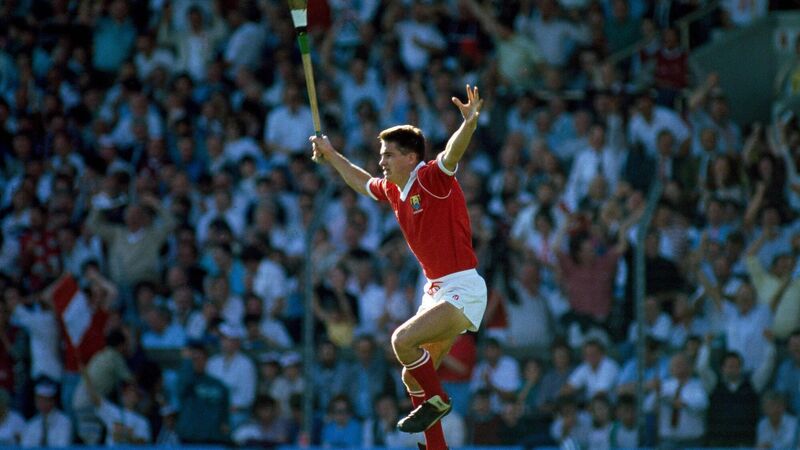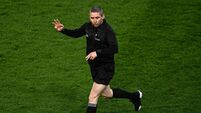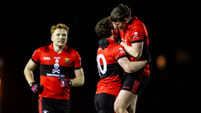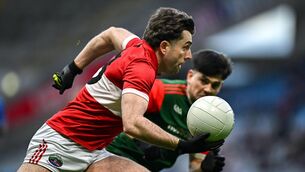Kevin Cashman will be remembered as one of hurling’s finest writers

WARMEST DELIGHT: John Fitzgibbon celebrates during the Cork v Galway All-Ireland hurling final at Croke Park in 1990 - Kevin Cashman kept the picture of his nephew above his bed. Pic: Ray McManus, Sportsfile











